Blogs & Stories
May 21, 2021
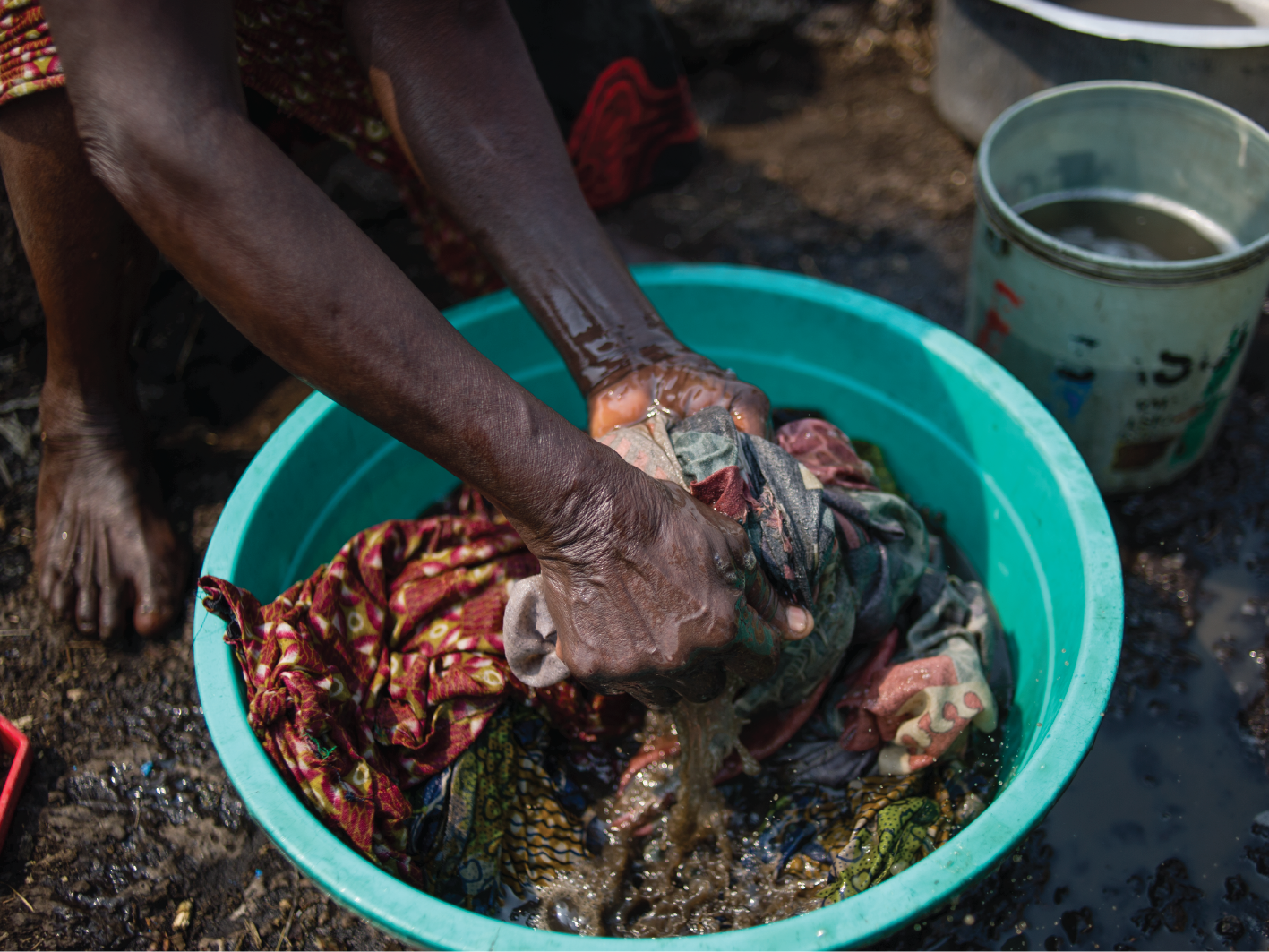
Access to good menstrual hygiene is key to women’s health and wellbeing. But too often in humanitarian crises, their needs go unmet. Can an innovative approach find a culturally appropriate solution to this problem? As part of International Menstrual Hygiene Day 2021, Chiara Domenichini introduces a new project that’s aiming to find out…
May 19, 2021
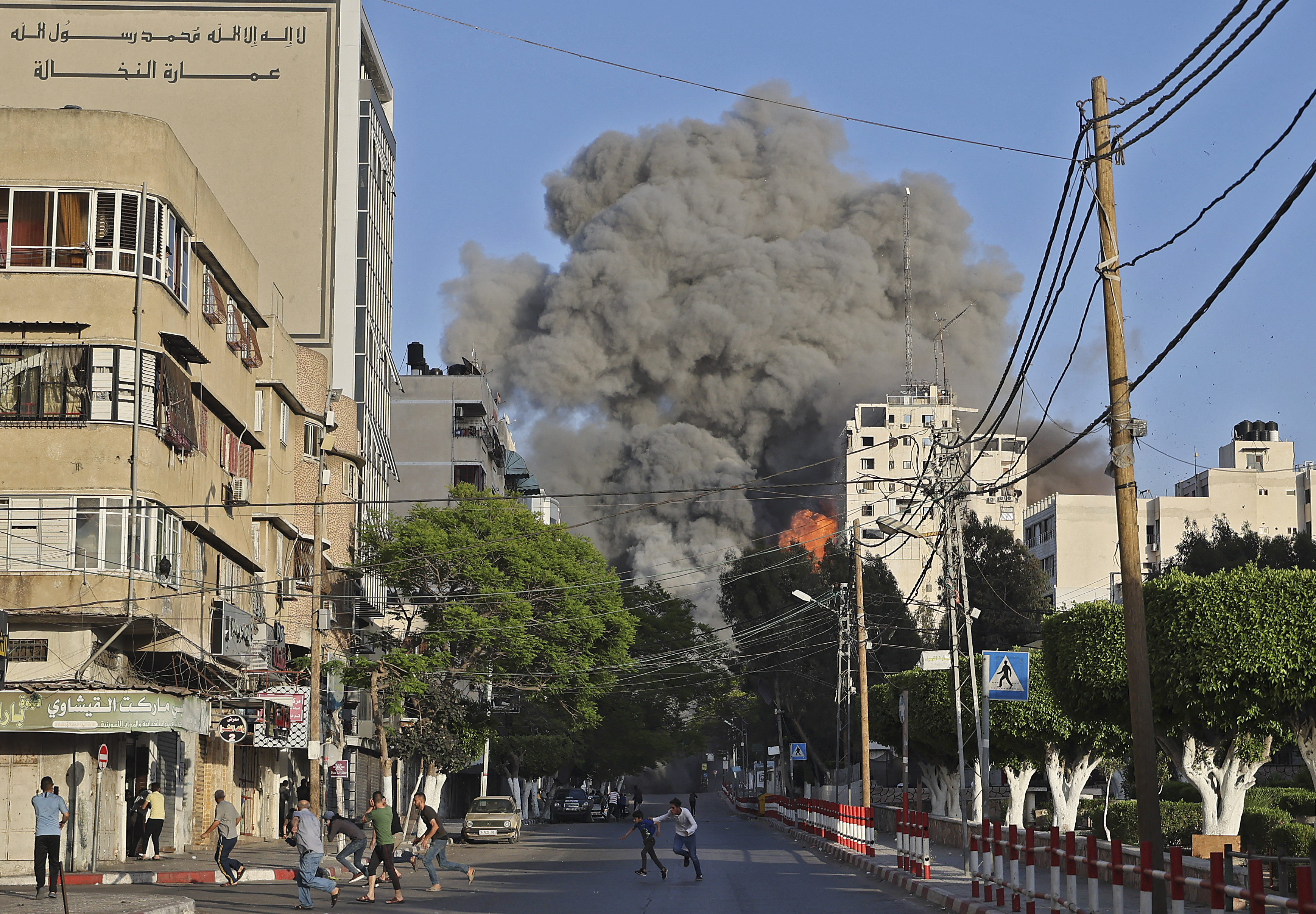
The fighting between the Israeli military and Palestinian armed groups, principally Hamas, broke out once again after weeks of tensions in occupied East Jerusalem, which has been illegally annexed by Israel. Aymen al Djaroucha is Palestinian who has lived in Gaza for 20 years. He is currently the Project Coordinator for MSF, and here he recounts the extreme violence that is taking place in the blockaded enclave.
May 17, 2021
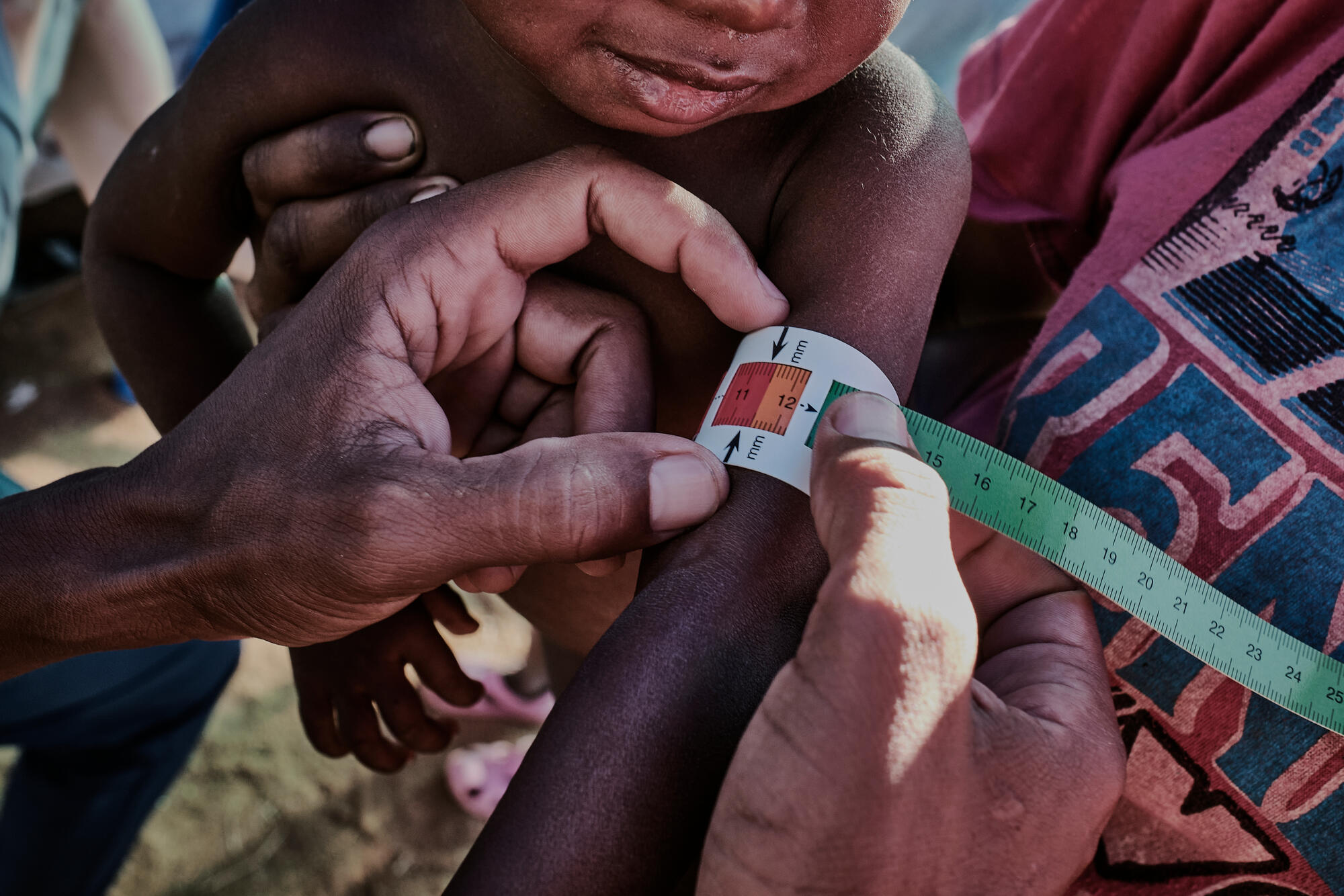
Since the end of March, MSF teams have been responding to one of the worst food and nutrition crises ever experienced in southern Madagascar. Prior to deploying medical personnel, an exploratory team was sent to Amboasary district to conduct logistical and health assessments – actions essential to the rollout of an effective humanitarian response.
May 07, 2021
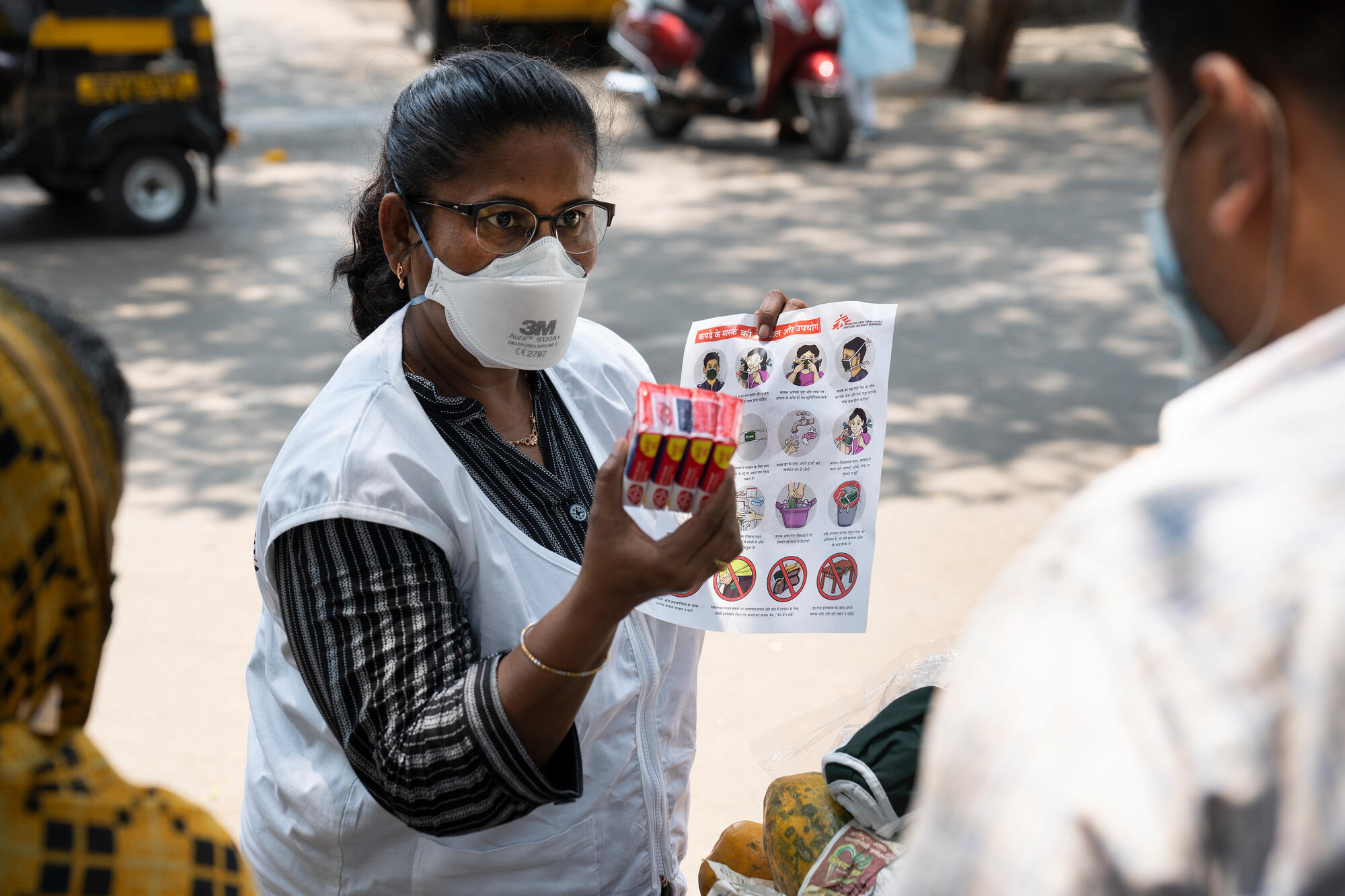
“The situation in India and in Mumbai is very bad. It’s critical across the country. We’re providing medical support to one of the COVID treatment centres here in Mumbai with 1,000 beds. There are many, many cases and the last week of April has seen a real increase. The health workers are overwhelmed and exhausted. There is so much work to do."
May 01, 2021
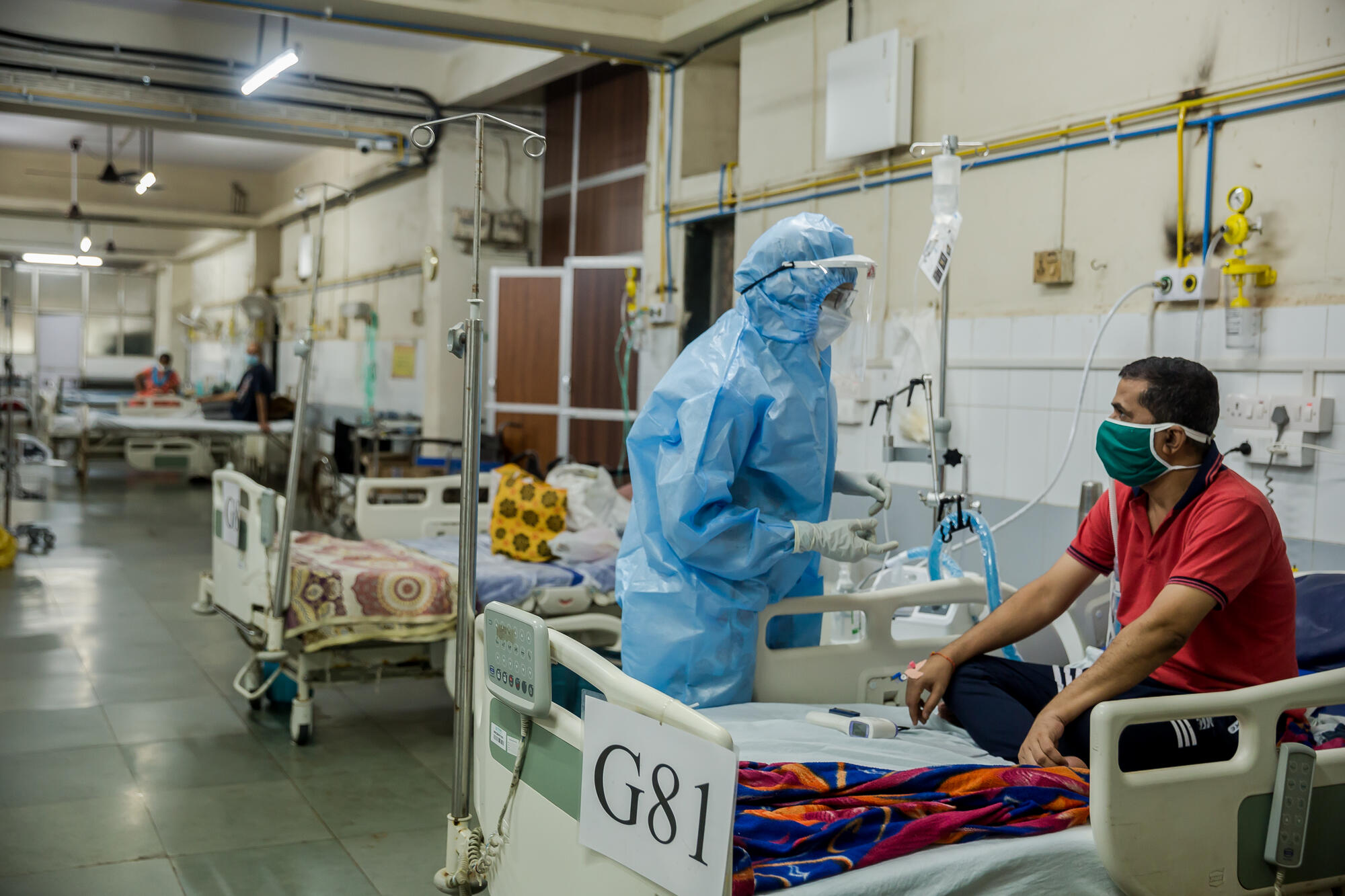
Picture a thousand-bed hospital. There are 28 wards, as well as the emergency, casualty and triage areas. It’s a makeshift hospital in a huge metal tent. Walking into it the first time was a surreal experience; I’ve never seen anything like it. It’s like walking into a huge ship. The ceiling is really high, but the ventilation is not great.




